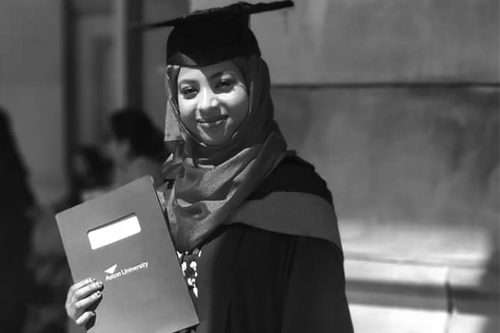RefuAid
Making loans to help refugees re-accredit their qualifications to the UK equivalent
Many refugees who come to the UK are qualified doctors, teachers or other professionals. But they are usually unable to practice here until they have gained an equivalent UK qualification, and the cost of re-accreditation can be prohibitively expensive.
Even if an individual has successfully claimed asylum, it can be impossible for them to access mainstream finance as they may have no UK credit rating or three years at the same address. As a result, many end up unemployed or on benefits, or working in much less-skilled, lower-paid jobs.
 RefuAid identified this as a problem in 2017 after being approached by a neurosurgeon and a dentist who had gained asylum and wanted to requalify in their professions, but couldn’t raise the money to do so.
RefuAid identified this as a problem in 2017 after being approached by a neurosurgeon and a dentist who had gained asylum and wanted to requalify in their professions, but couldn’t raise the money to do so.
RefuAid, which is a restricted charitable fund set up under the auspices of registered charity Prism the Gift Fund, decided to launch its own loan scheme, with all loans to be interest-free and all repayment plans calculated on an individual basis. A character-based lending policy prioritises a person’s character and circumstances over their financial situation – a model that RefuAid claims has been highly successful, given the 98.4% repayment rate it has maintained so far.
Since 2017, RefuAid has made 330 loans totalling around £1.8m, at a cost per loan of £790. Some 182 individuals have already completed their re-accreditation and are now working in their professions; 61% of these are doctors and other healthcare workers now employed in the NHS. The average loan amount is £5,510 and loans are generally repaid within six years.
The average annual income of loan recipients prior to taking out the loan is around £3,500, while the post-requalification salary is £33,239. And, as 70% of clients were claiming benefits before accessing their loan, the net gain to the UK economy has been calculated at over £2.9m to date.
Rather than continue to rely on loan finance, which has to be repaid to the lender, RefuAid is now seeking cash grants that it can keep recycling to other beneficiaries. The potential reach of the scheme is huge, particularly for the NHS; recent research by Cambridge University has identified that around 2,000 refugees in the UK are doctors who are currently unable to work.
Charity Awards judge Nicola Toyer was impressed by the sustainability of the scheme and the potential for it to be scaled up. “It’s a real virtuous circle,” she said.
Charity Awards judge Karin Woodley was impressed by RefuAid’s entrepreneurialism and the pragmatism of its relationship with Prism, its parent charity, which provides RefuAid with policies, governance, due diligence, legal compliance and financial management. “I think this model of organising the back office in this way is going to become bigger and bigger in the sector because our current structures are pretty outdated and rather expensive.”
CC Reg no. 1099682

